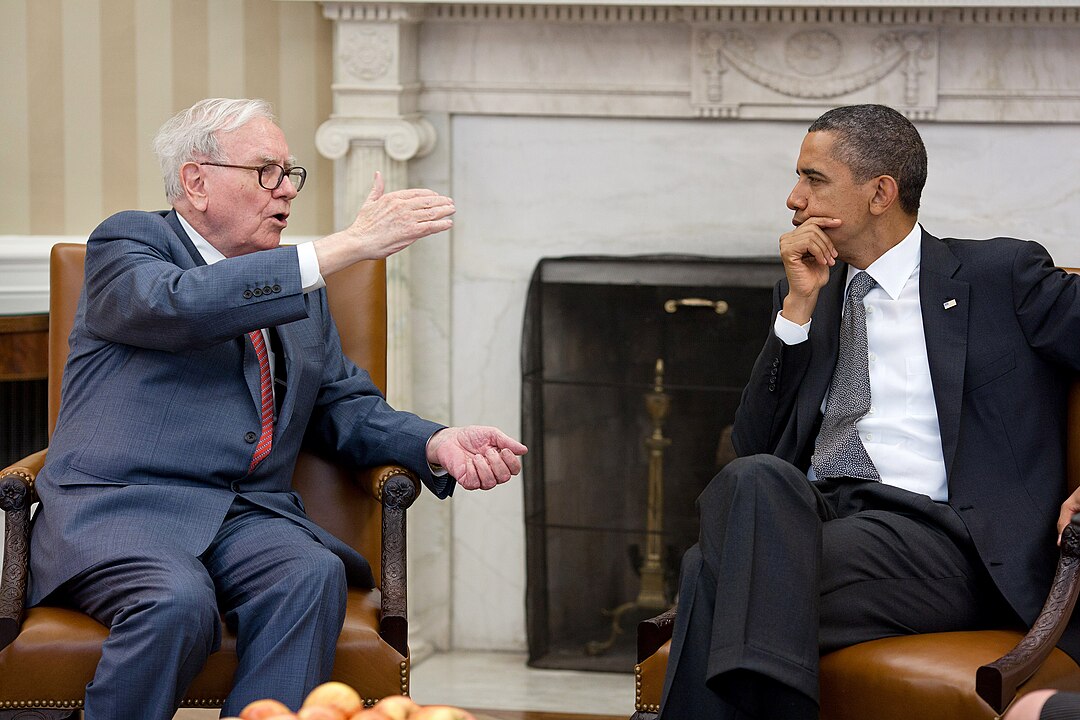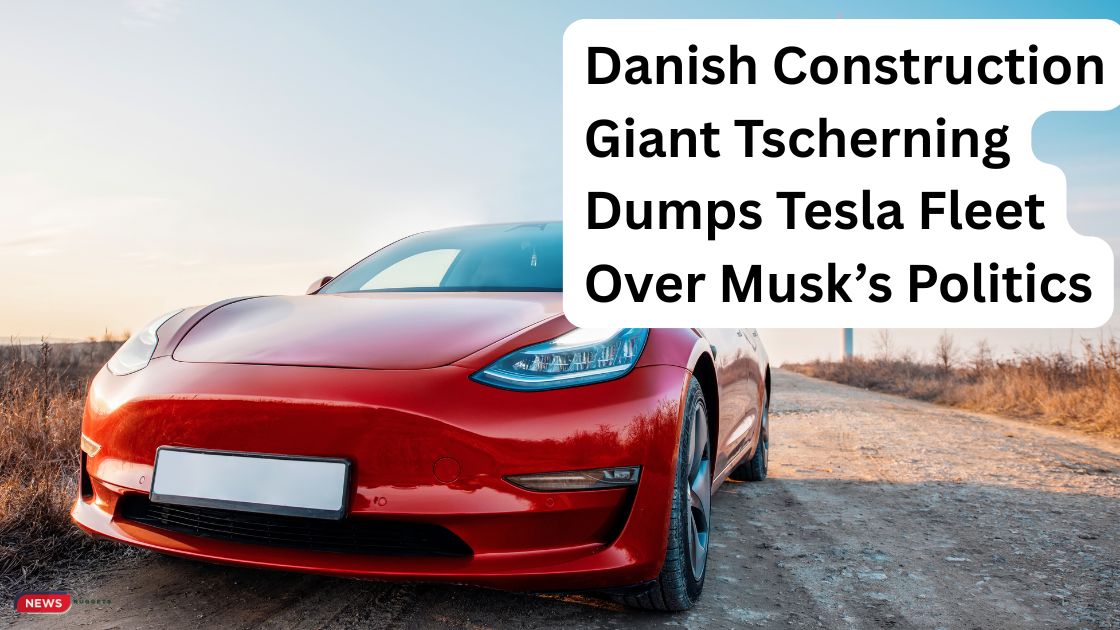The world of finance has long looked to Omaha for wisdom, patience, and a Midwestern approach to wealth-building. For decades, Warren Buffett, the Oracle of Omaha, has guided Berkshire Hathaway. He transformed it from a struggling textile company into a multinational conglomerate worth over $700 billion. Now, after nearly 62 years at the helm, the Oracle of Omaha is preparing to step aside. This marks the end of an era. It signals the dawn of a new chapter for one of the most iconic companies in American business history.
Warren Buffett’s Transparency and Stepping Down
Warren Buffett, 94, has never shied away from transparency. His recent shareholder letter made one thing clear: the Oracle of Omaha will not be around forever. He will retain the title of Chairman Emeritus until his death. However, the operational reins of Berkshire Hathaway will pass to Greg Abel and Ajit Jain. Buffett himself handpicked these two executives.
This transition marks a shift. There is now a deliberate movement away from the singular vision of the Oracle of Omaha. This change moves towards a more distributed leadership model. For investors and admirers of Buffett’s philosophy, this moment is bittersweet. The man built an empire on value investing and long-term thinking. His folksy wisdom has shaped his approach. He is now ensuring his legacy endures beyond his final bow.
Buffett’s tenure as the Oracle of Omaha has been defined by principles as timeless as they are unconventional. He emphasizes buying undervalued assets and avoiding short-term speculation. He treats shareholders like partners.
This approach has turned Berkshire into a fortress of stability in an often-volatile market. Under his leadership, the company has acquired a diverse range of businesses. These include insurance giants and candy brands. Yet, the company still maintains a culture that prioritizes integrity over ego. Now, as the Oracle of Omaha steps back, a question arises. Can Berkshire Hathaway’s new leaders replicate his magic? They face a rapidly changing economic landscape.
Challenges for the Oracle of Omaha
The transition is not without its challenges. The Oracle of Omaha has operated in an era of relatively stable markets. Interest rates were low, and the pace of technological disruption was slower. Today’s world demands agility in areas like artificial intelligence, renewable energy, and global supply chains. These are sectors where Berkshire’s traditional strengths may need to evolve. Greg Abel, CEO of Berkshire’s energy division, and Ajit Jain, the insurance guru, are well-equipped to handle these complexities. However, even the most capable executives face the shadow of Buffett’s unparalleled reputation.
Investors have reacted with a mix of optimism and caution. Berkshire’s Class A shares rose 2.3% following the announcement, reflecting confidence in the transition plan. Yet, the market will undoubtedly scrutinize every move under the new leadership. It will measure each action against the gold standard set by the Oracle of Omaha. Buffett himself has acknowledged this reality, stating, “The egos of the successors don’t matter. The system does.” His faith in Berkshire’s institutional strength is a reassurance, but the emotional weight of his departure cannot be ignored.
Final Thoughts
The Oracle of Omaha may be preparing to exit the stage, but his influence will echo for generations. Warren Buffett’s legacy is not just in the numbers. It is in the values he instilled, in the trust he built, and in the example he set for leaders across industries. As Berkshire Hathaway enters this new era, the world will watch. The world wonders if the spirit of the Oracle of Omaha can endure. They want to know if it can live on through those he chose to carry the torch. One thing remains certain: the name Buffett will forever be synonymous with wisdom, humility, and the art of compounding success.



